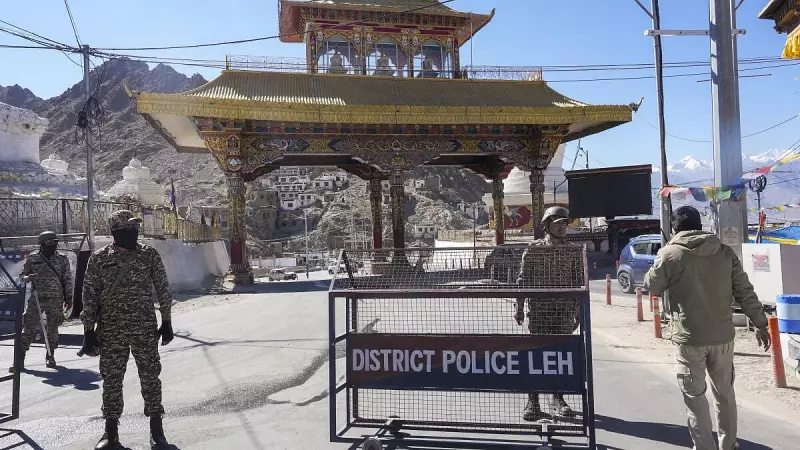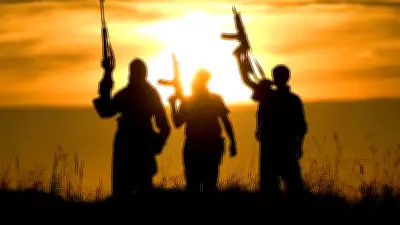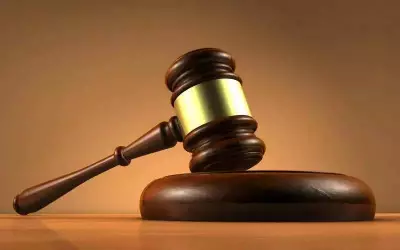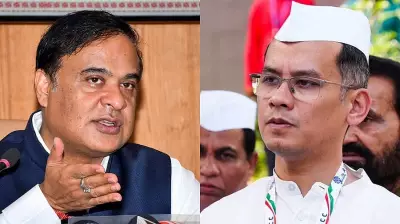
In a significant development for the Himalayan region, representatives from Ladakh are scheduled to hold crucial discussions with central government officials in New Delhi on October 22nd. This meeting marks another chapter in the ongoing dialogue between Ladakhi leaders and the Union Ministry of Home Affairs.
High-Stakes Dialogue in the Capital
The upcoming talks are expected to address several key concerns that have been at the forefront of Ladakh's political landscape since it became a Union Territory. The delegation, comprising prominent local leaders and representatives, will engage with senior officials from the Home Ministry to deliberate on matters of regional importance.
This meeting follows previous rounds of discussions that have taken place between Ladakhi representatives and the central government. The dialogue process has been ongoing as both sides work toward addressing the unique administrative and developmental needs of the strategically important region.
What's on the Agenda?
While specific details of the meeting agenda haven't been publicly disclosed, sources indicate that the discussions will likely cover:
- Governance structures and local autonomy concerns
- Economic development and job creation initiatives
- Environmental protection measures for the fragile Himalayan ecosystem
- Infrastructure development and connectivity projects
- Preservation of cultural identity and land rights
Background of the Dialogue Process
The talks between Ladakhi representatives and the central government have gained increased significance following the region's reorganization in 2019. Local leaders have been advocating for greater political autonomy and constitutional safeguards to protect Ladakh's distinct cultural identity and environmental heritage.
The October 22nd meeting represents a continuation of this important political process, with stakeholders from both sides seeking common ground on issues critical to Ladakh's future development and governance.
As the meeting date approaches, all eyes will be on Delhi to see what progress emerges from these discussions and how they might shape the future trajectory of India's northernmost Union Territory.





